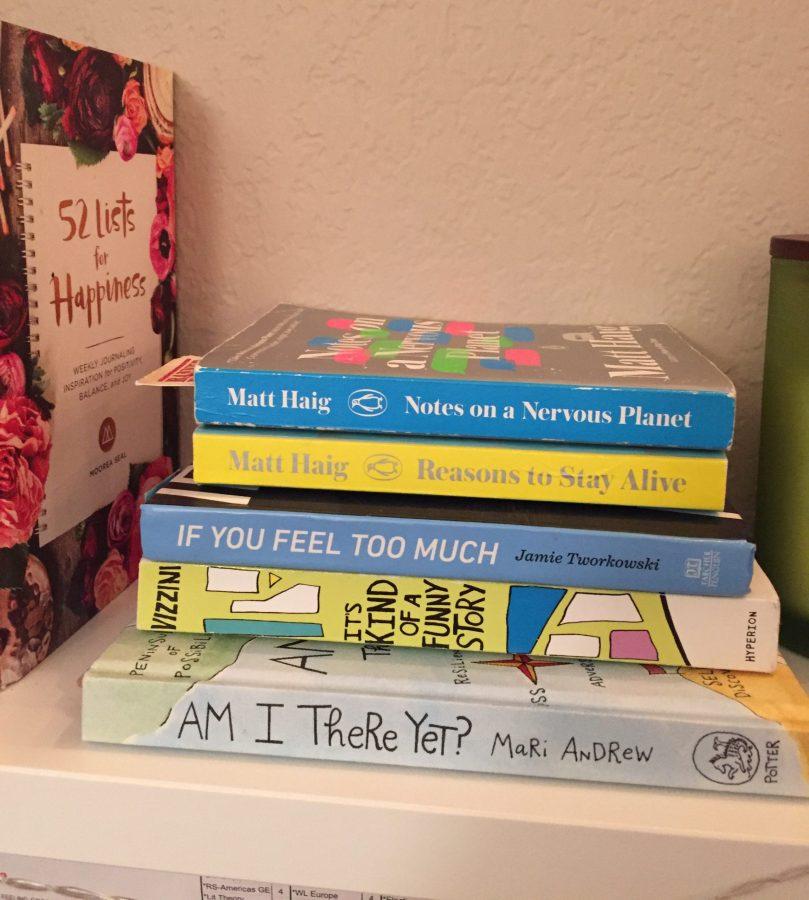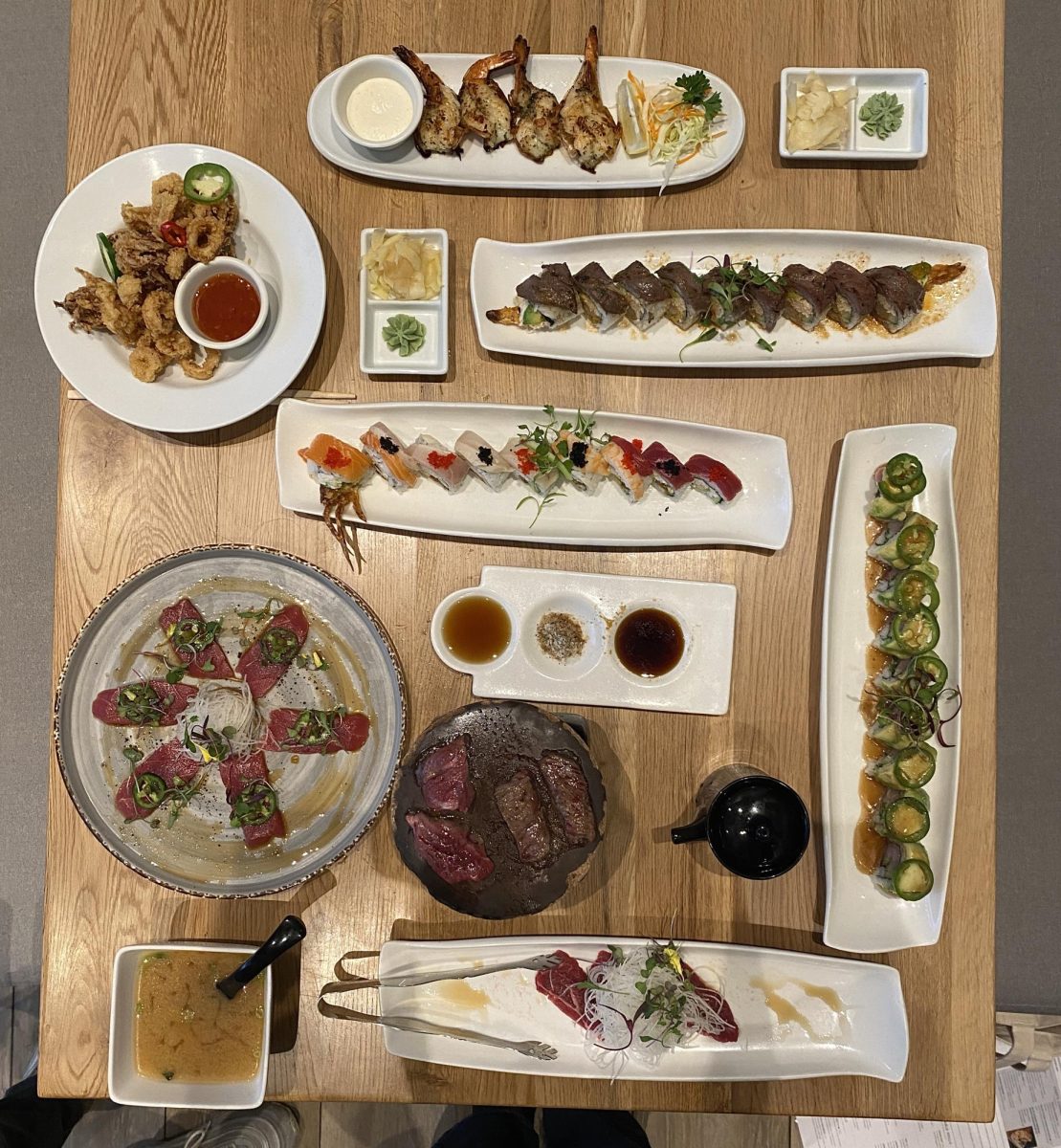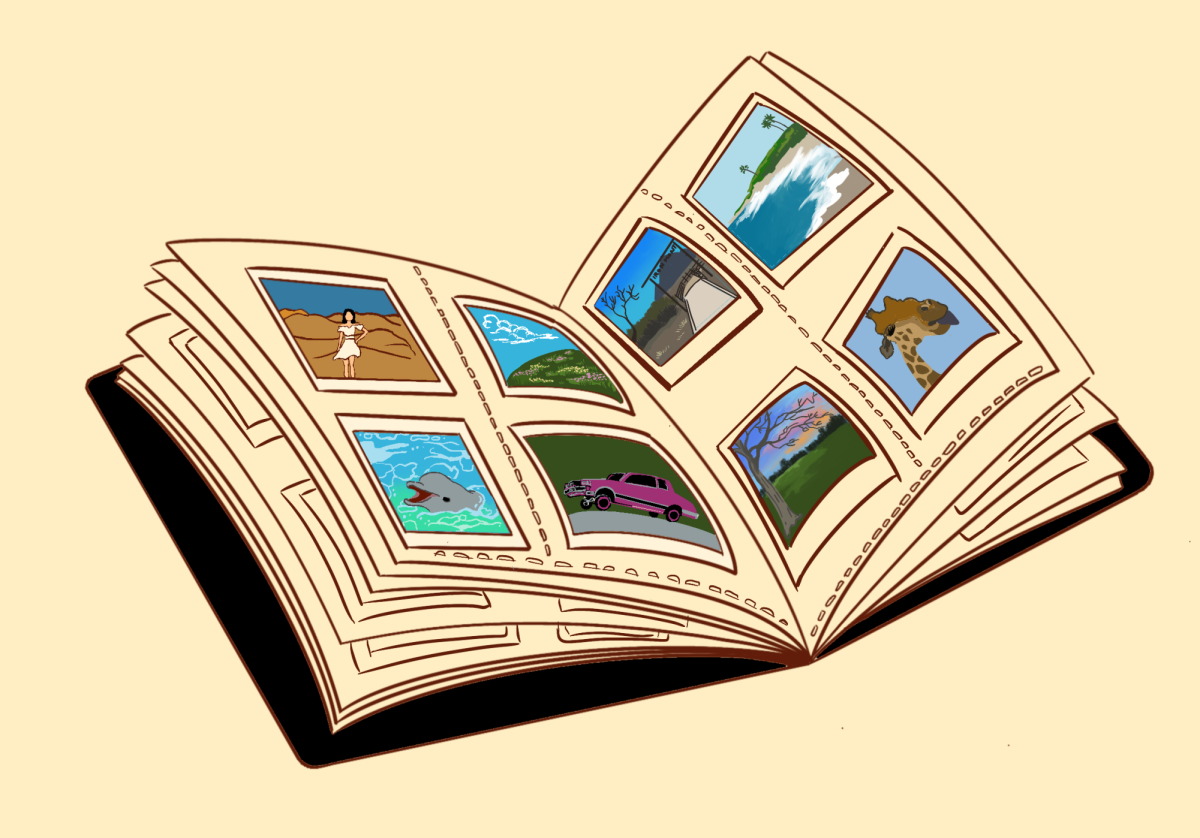As someone who often struggles with their mental health, I like to try out lots of different things to get me through a tough season. Besides therapy and medication, I have tried or currently use essential oils, listening to music and podcasts, writing, and even more simpler things such as coloring books, painting my nails, or curling up with a nice episode of “Parks & Recreation.” Lots of these things can help, especially the first two, but if you’re still looking for ways to self-soothe either just on bad days or through a real tough time that seems to be more long-term, there is one other resource that I often turn to: reading.
Yes, I know as college students we all have what feels like a million pages of reading a week as it is, but just as you’d still make time in your schedule for a friend, you can leave some time for yourself. And yes, I know some of you — especially those STEM majors out there — claim you hate to read, but this isn’t the same as reading primary sources from the deep, dark archives of Geisel Library or some lab report: this is about finding books written by people who have been where you were or maybe are now. So, if I can convince you to give turning to reading as a mental health resource a try, then try starting with some of these titles:
“If You Feel Too Much” by Jamie Tworkowski: This book has been by my side since I was 16. Written by the founder of the nonprofit, To Write Love on Her Arms, Tworkowski writes about his experience starting the organization, his relationships with family members as well as with friends and past romantic partners, in addition to his experience with depression. The book is broken up into shorter stories within each chapter and there are many written around specific holidays. Personally, I read Tworkowski’s entry about Thanksgiving every year before joining my family around the table. His openness and honesty around such tough subjects have helped thousands of people, including myself, feel less alone. So if you, too, find yourself even relating to the title of the book, go ahead and pick it up!
“Reasons to Stay Alive” by Matt Haig: This book is a sort of memoir written by Haig, a British author, about what he refers to as his first major breakdown. The book begins with Haig describing a moment in Ibiza where he was ready to end his life, but chose to seek out help. What I love about this book is that it is not linear in the conventional, happy ending way; Haig takes his readers through every part of his recovery, which includes the ups and the downs. He talks about his time on medication, the effects his depression and anxiety have on his relationships, and all types of coping methods he tried, including the good and the bad. This book is a good inspiration to those really struggling because Haig is able to reflect on his experience in great detail while also constantly reminding the reader that it will not always be this hard. He got through it and so can you.
“The Bell Jar” by Sylvia Plath: Okay, I know some of you might be thinking that including this novel might be a total cliché. And you might be right. But, once you start to read this famous narrative, you’ll see that a story about a disillusioned, depressed college student in the 1950s isn’t such a foreign concept when compared to 2020. Plath has a beautiful way to describe the ugly lows of depression that feel real, and not like the way it can become romanticized in some popular writing that appears in the media today. In this novel, Plath touches on depression, suicide ideation, therapy, and electro-shock therapy in the life of a college student as she struggles to balance school, relationships, family, and finding the right treatment for her mental illness.
“Am I There Yet?: The Loop-de-loop, Zigzagging Journey to Adulthood” by Mari Andrew: This book, an illustrated memoir, takes the reader through the ups and downs of Andrew’s journey through her 20s. This is a very quick read and is probably the most relatable to all college students compared to the other novels in this list. Andrew uses humor and watercolor painting to share stories of young love, heartbreak, first apartments, jobs, travel, and all the emotions that come with trying to find your true self while in the midst of the “greatest years” of a person’s life. Andrew’s writing is funny, touching, and relatable in a way where there is something for everyone. She reminds all of us 20-somethings that we are not alone in feeling like we need to have it all together and pretend that we are fully functioning, independent adults to the rest of the world. This book gives us all permission to let ourselves be messy and curious young adults!
“Notes on a Nervous Planet” by Matt Haig: Yes, I have already included a book by Matt Haig, and yes, you need to read this one, too. A sort of sequel to “Reasons to Stay Alive,” this book focuses on the experience of depression and anxiety, but mostly as it pertains to our current society. Haig presents interesting questions and provokes thoughts around how today’s society, especially when it comes to the internet, social media, and the advancement of technology, affects our mental health. This book is not written in a linear way; it is broken up into short entries that are informative, relatable, and inspiring. One of my favorite pages is written as a sort of poem in the voice of the ocean, titled “A Note From the Beach,” which reminds the reader that the ocean does not care about your bathing suit or how you look in it, contrary to what social media might tell you. This book is a refreshing and informative read for anyone who owns a cell phone or computer and needs a reminder that social media is not real life and that you don’t need anyone’s approval to be yourself!








